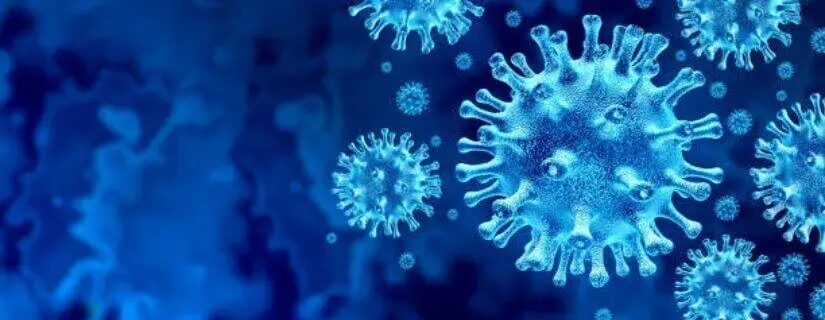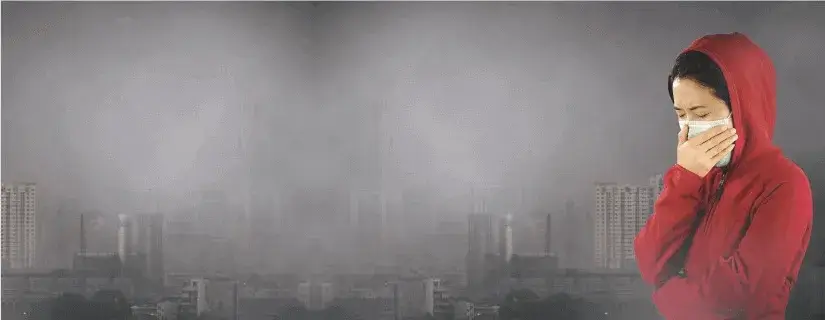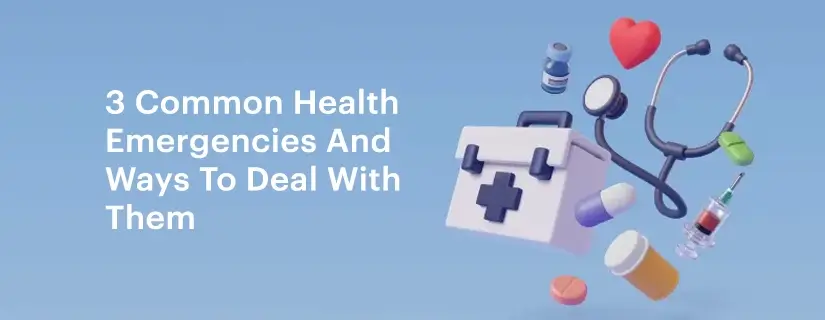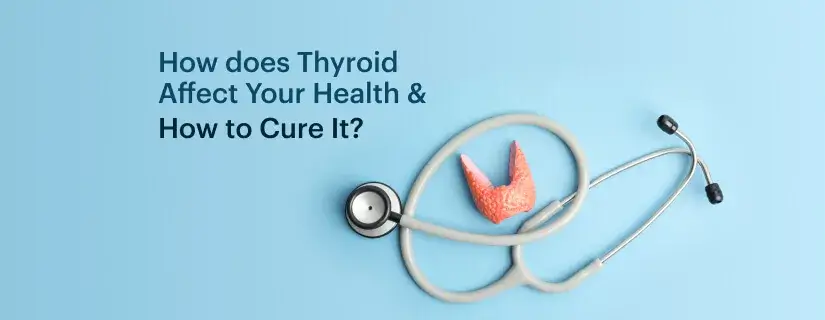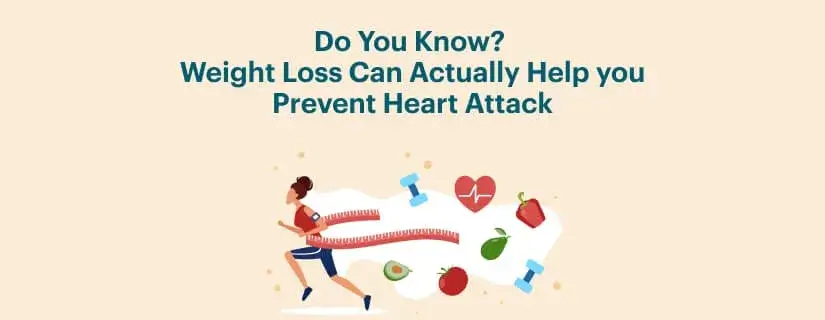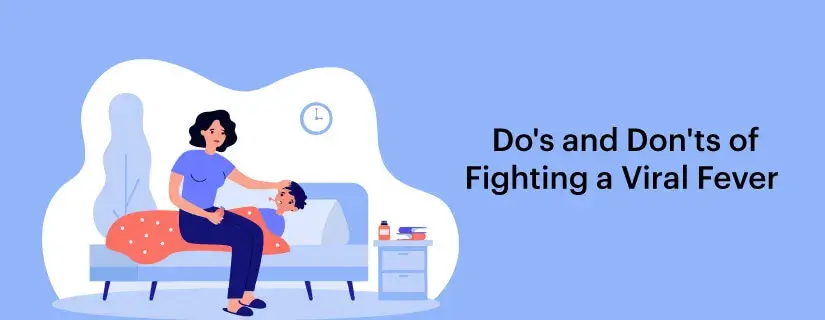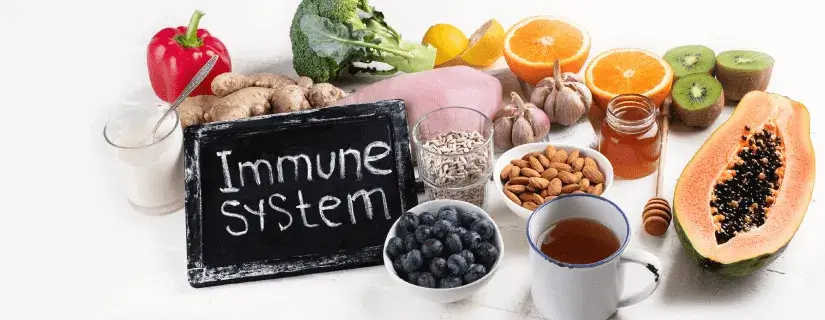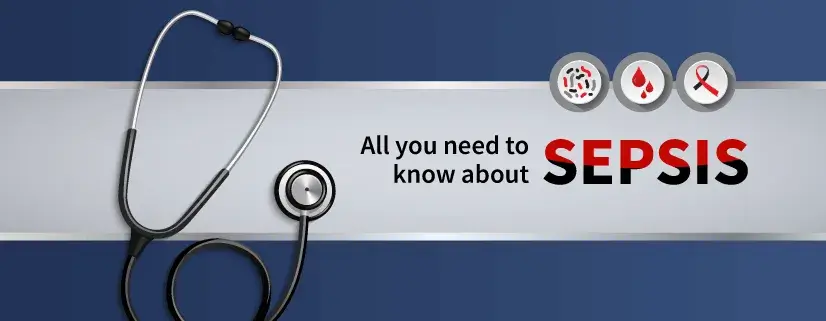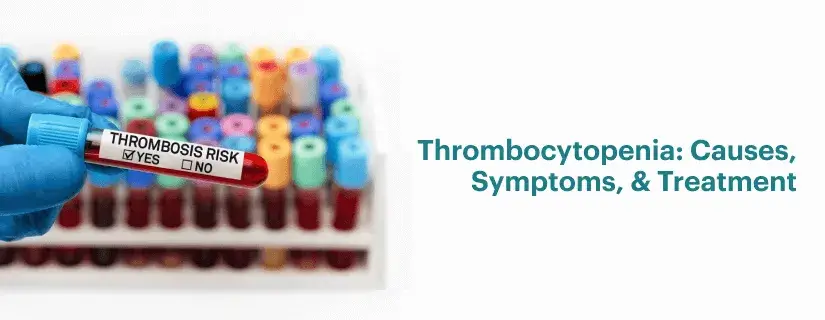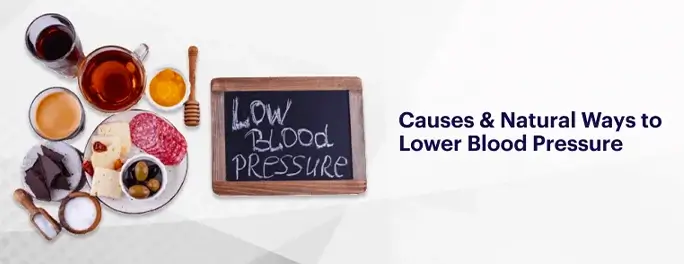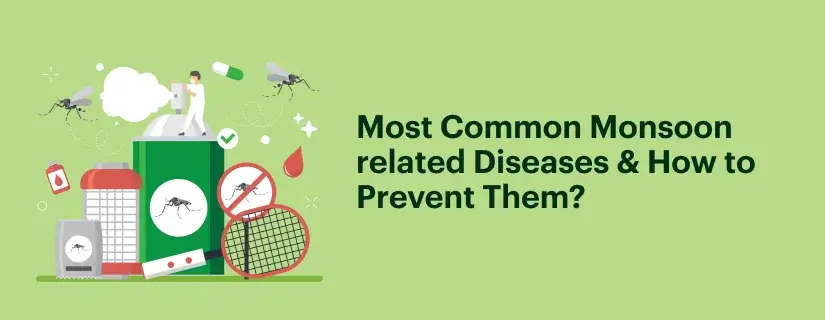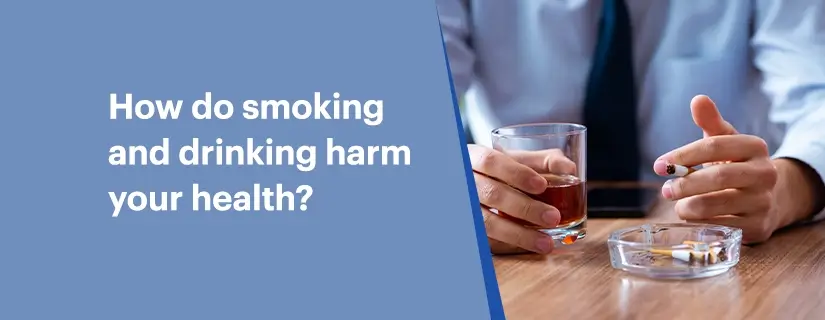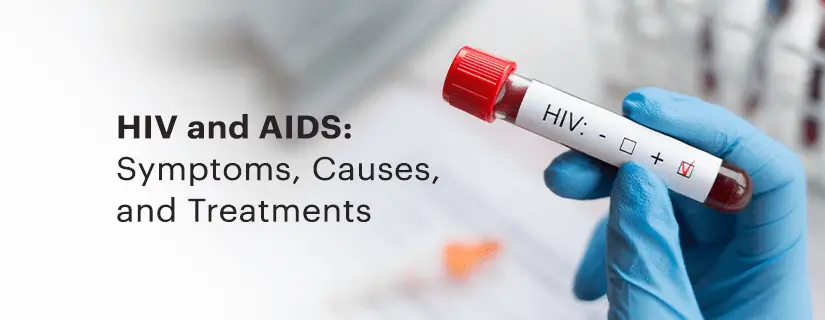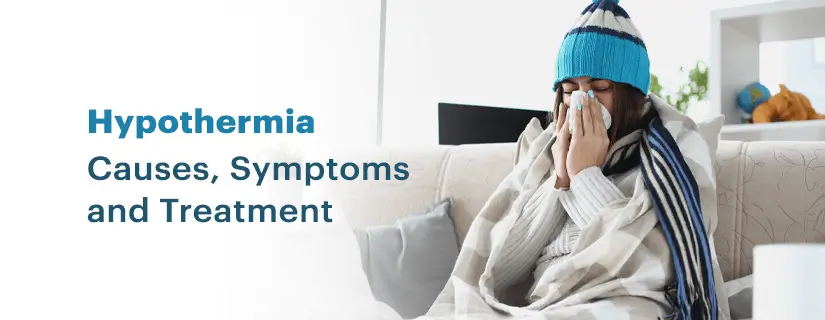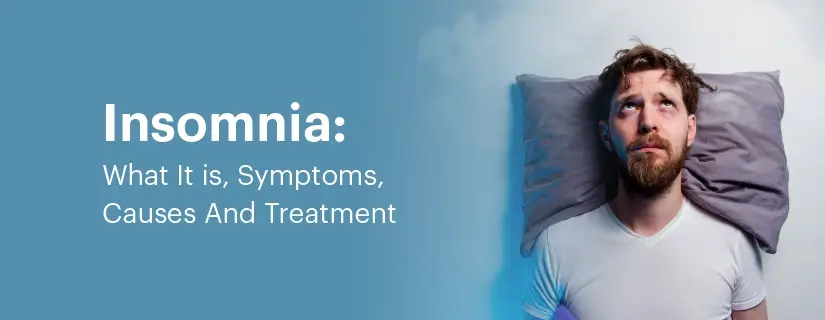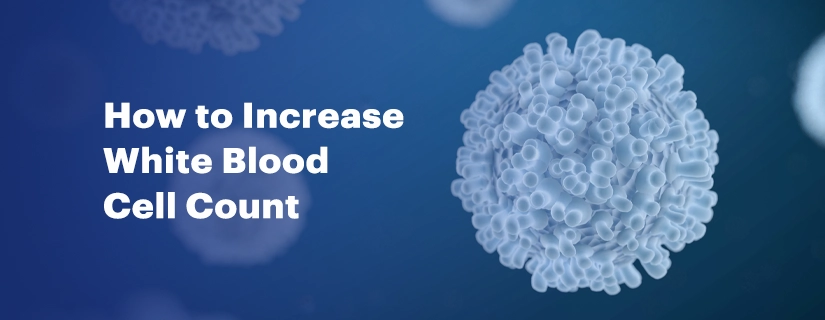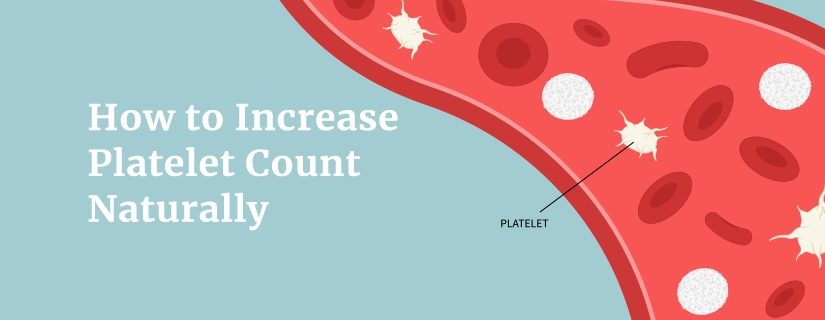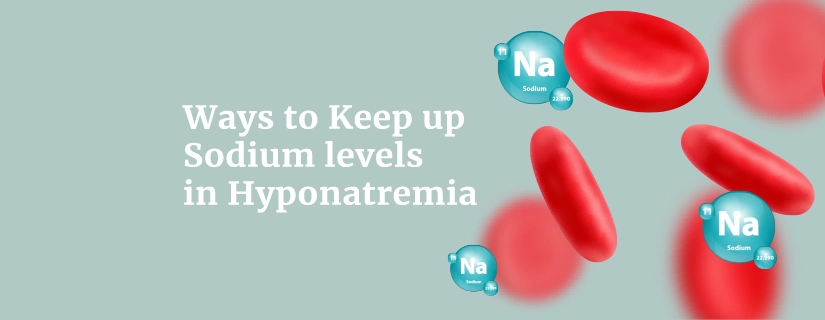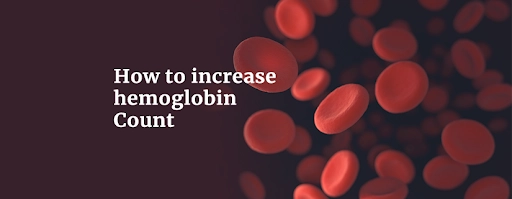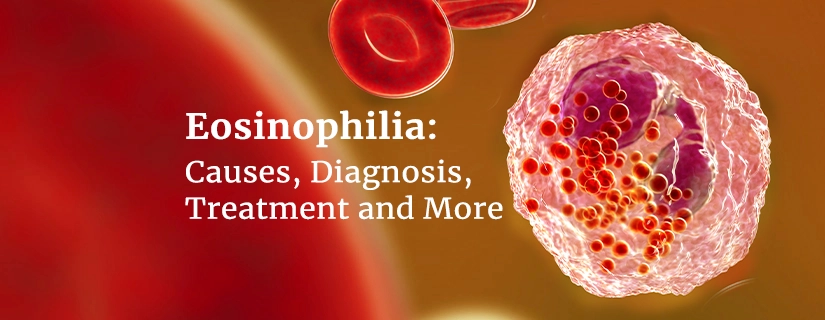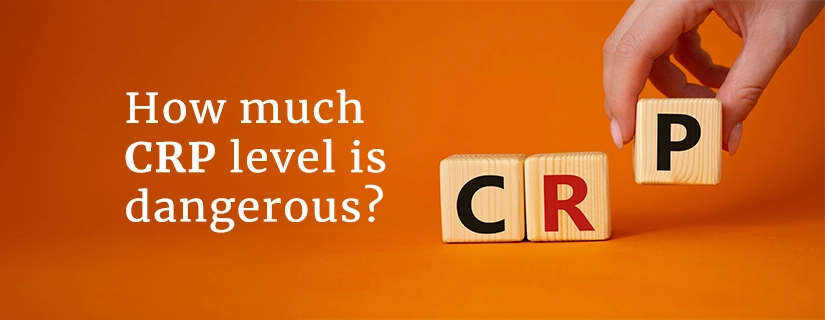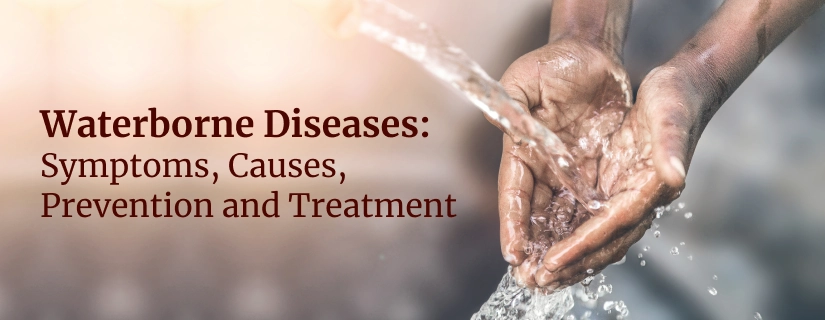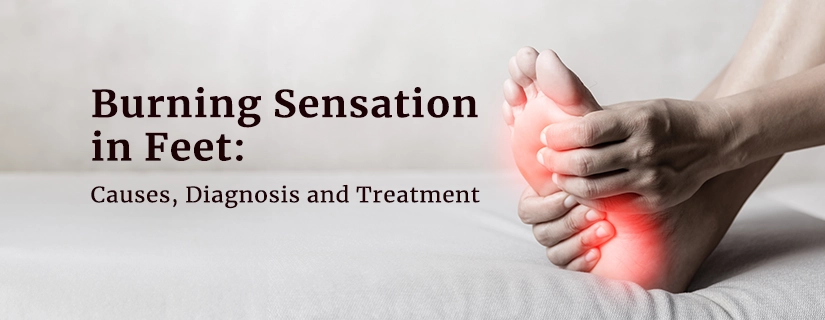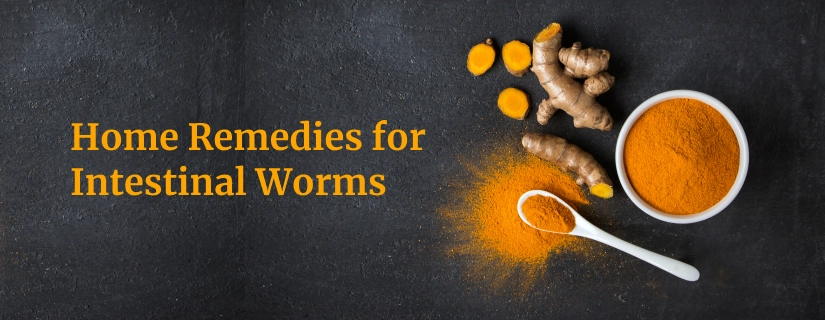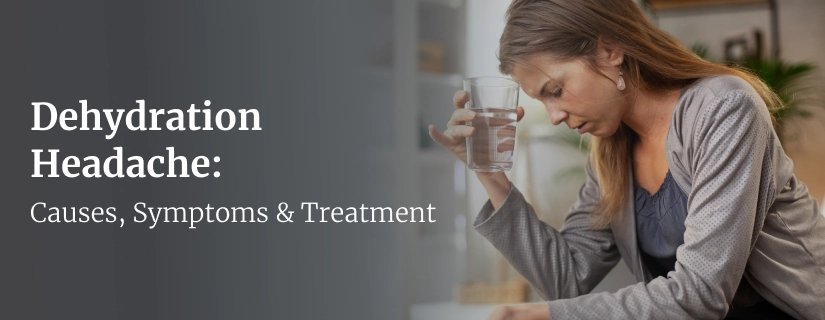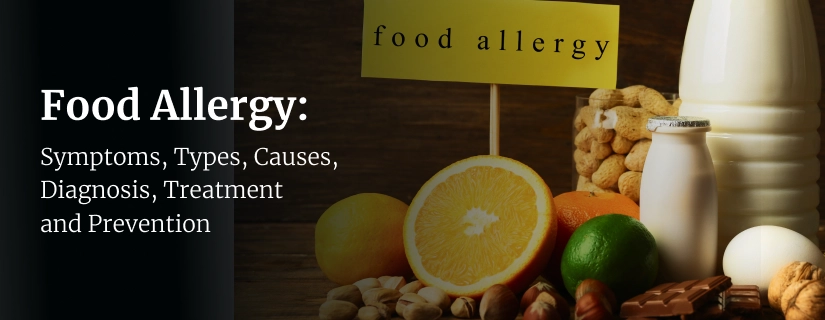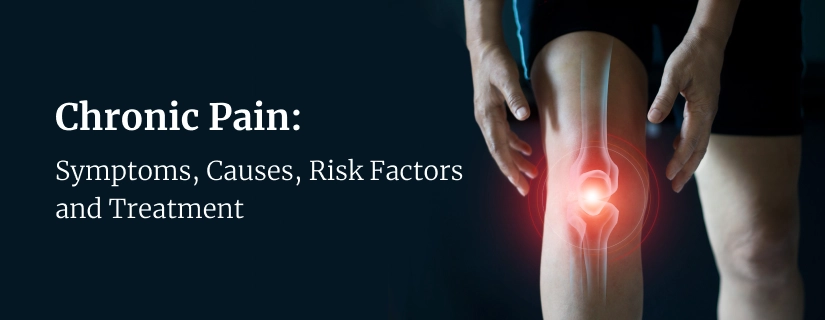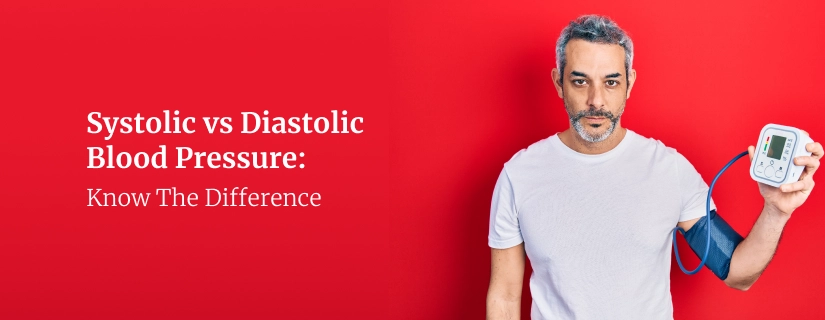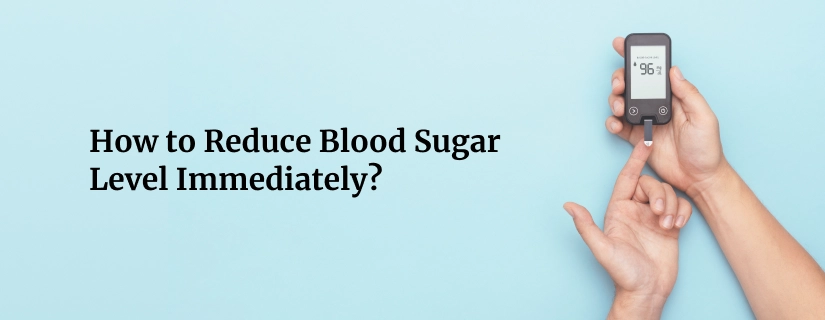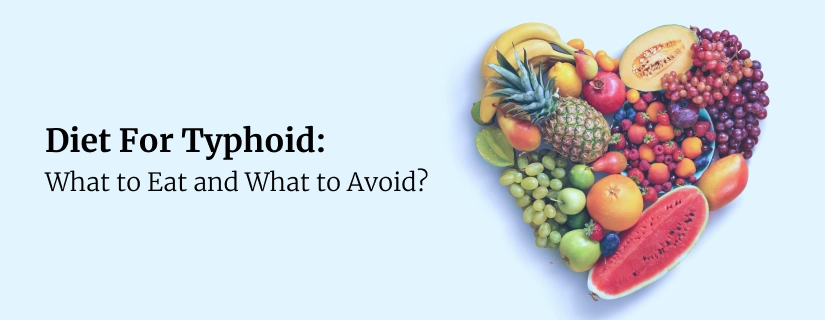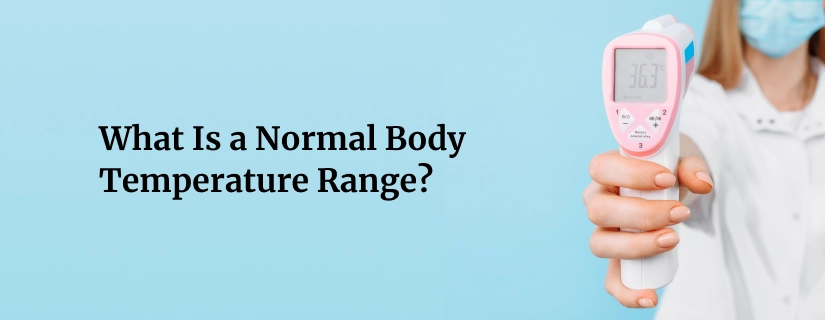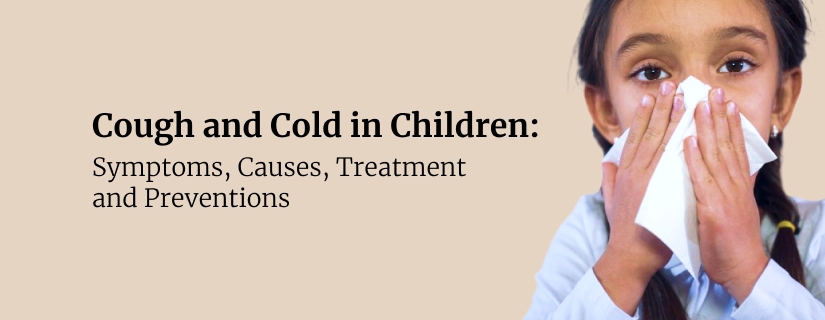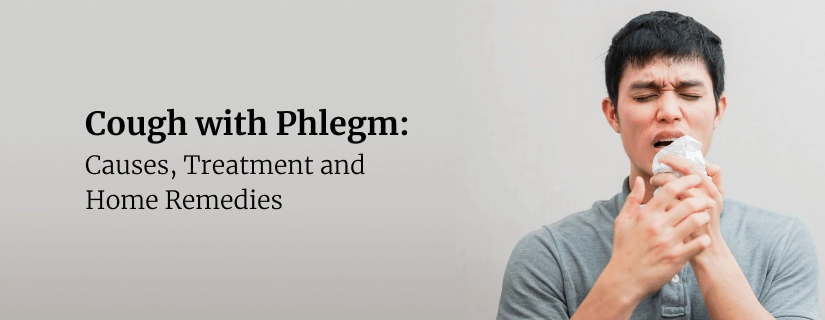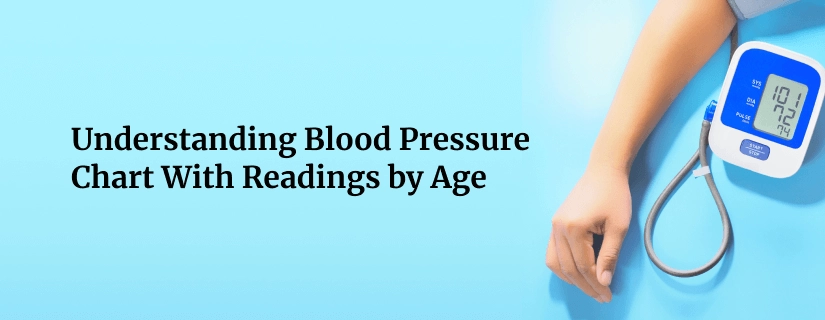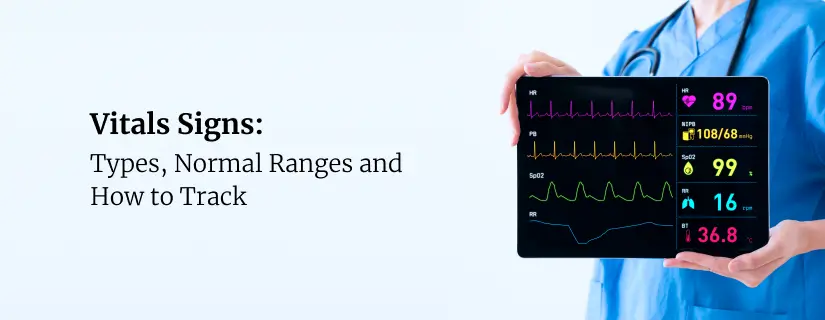-
Doctors
-
Specialities & Treatments
Centre of Excellence
Specialties
Treatments and Procedures
Hospitals & Directions HyderabadCARE Hospitals, Banjara Hills CARE Outpatient Centre, Banjara Hills CARE Hospitals, HITEC City CARE Hospitals, Nampally Gurunanak CARE Hospitals, Musheerabad CARE Hospitals Outpatient Centre, HITEC City CARE Hospitals, Malakpet
HyderabadCARE Hospitals, Banjara Hills CARE Outpatient Centre, Banjara Hills CARE Hospitals, HITEC City CARE Hospitals, Nampally Gurunanak CARE Hospitals, Musheerabad CARE Hospitals Outpatient Centre, HITEC City CARE Hospitals, Malakpet Raipur
Raipur
 Bhubaneswar
Bhubaneswar Visakhapatnam
Visakhapatnam
 Nagpur
Nagpur
 Indore
Indore
 Chh. Sambhajinagar
Chh. SambhajinagarClinics & Medical Centers
Book an AppointmentContact Us
Online Lab Reports
Book an Appointment
Consult Super-Specialist Doctors at CARE Hospitals
4 Effects of Heat Wave on the body
Updated on 1 June 2022

What does heat do to our bodies?
Blood vessels dilate as the body heats up. This lowers blood pressure and forces the heart to work harder to circulate blood throughout the body. This may cause minor symptoms such as an itching heat rash or swollen feet. Sweating, on the other hand, causes a loss of fluids and salt, as well as a shift in the body's fluid and salt balance. Heat exhaustion can result from this, especially when accompanied by low blood pressure.
Symptoms include:
- Dizziness
- Nausea
- Fainting
- Confusion
- Muscle cramps
- Headaches
- Heavy sweating
- Tiredness
If blood pressure drops too far, the risk of heart attacks rises.
Why do our bodies react this way?
Whether it’s summer or winter, our bodies seek to maintain a core temperature of around 37.5°C. Our bodies have evolved to work at this temperature.
However, as the weather becomes hotter, the body must work more to maintain its core temperature. It starts sweating and opens additional blood vessels near the skin to lose heat to our surroundings. The heat loss from the skin increases substantially when sweat evaporates.
Effects of heat on the body
Some of the effects of heat waves on humans:
- Dizziness and Faint feelings from not drinking enough water
- Heart Rate increases as the body works harder
- Heat rashes as the body lose heat from the skin
- Ankles can become swollen from increased blood flow
What should I do if I see someone with heat exhaustion?
The following steps are advised to be taken when encountering someone with heat exhaustion
- Move them to a cool place.
- Get them to lie down and raise their feet slightly
- Get them to drink plenty of water - sports or rehydration drinks are also OK
- Cool their skin - spray or sponge them with cool water and fan them. Cold packs around the armpits or neck are good too
However, if they do not recover within 30 minutes, then what follows is a heatstroke.
People with heatstroke may stop sweating even though they are too hot, their temperature may pass 40C and they may have seizures or lose consciousness.
High-risk groups
- Geriatric Patients- People with advanced age or long-term illnesses like heart disease may be less able to cope with the stress that heat places on the body.
- Diabetes Patients- Diabetes can cause the body to lose water more quickly, and some problems might affect blood vessels and sweating ability.
- Individuals with special needs Children and individuals with limited mobility may be particularly vulnerable. People with brain illnesses like dementia may be oblivious to the heat or unable to do something about it.
- Housing Conditions- Homeless people are more likely to be exposed to the sun.
- People living in top-floor apartments also face high temperatures.
Tips for staying cool and safe during summers
- Drink water and eat foods with high water content
- Excessive alcohol should not be consumed as it can increase the risk of dehydration.
- Wear loose-fitting & light color clothing in breathable fabrics and a hat
- Stay in the shade and limit travel and exercise
- Use fans, ice and cool showers to reduce body temperature
Does heat kill?
Heatstroke can be deadly. It usually manifests itself as heart attacks and strokes and is caused by the body's effort to maintain body temperatures. Once the temperature reaches 25C-26C, the higher death rate kicks in. Higher temperatures in the spring or early summer, rather than "peak summer," appear to be the cause of death, according to the findings. This could be because as the summer develops and we become more accustomed to dealing with the heat, we begin to adjust our daily habits. Previous heat waves have shown that an increase in deaths occurs quickly - within the first 24 hours of the heatwave.

ENQUIRY FORM
SELECT CATEGORIES
-
Neurosciences (16)
-
Neurology (37)
-
Neurosurgery (14)
-
Orthopaedics (48)
-
Oncology (33)
-
Obstetrics and gynecology (51)
-
Pulmonology (23)
-
Urology (20)
-
Nephrology (13)
-
Psychiatry (7)
-
Dietetics and Nutrition (111)
-
General Medicine (63)
-
Cardiac Sciences (30)
-
Vascular & Endovascular Surgery and Interventional Radiology (10)
-
Gastroenterology (46)
-
Endocrinology (23)
-
Plastic Surgery (10)
-
Critical Care Medicine (5)
-
COVID-19 (16)
-
Dermatology (16)
-
Emergency Care (1)
-
Ophthalmology (4)
-
Pediatrics (14)
-
Laparoscopic and Bariatric Surgery (8)
-
ENT (15)
-
Kidney Transplant (1)
-
Liver Transplantation and Hepatobiliary Surgery (5)
-
General Surgery (3)
-
Internal Medicine (5)
-
Medicine Information
Hypertension: Symptoms Risk Factors and Management
Monsoon Illness in Children: 9 Tips to Protect Your Children
YOU MAY ALSO LIKE
RECENT BLOGS
-

Direct Anterior Approach in Total Hip Replacement: Advantages and Challenges
10 April 2025
Read More
-

Zinc Deficiency: Signs and Symptoms, Causes, Treatment
9 April 2025
Read More
-

Chest Pain When Coughing: Causes, Treatment and Home Remedies
9 April 2025
Read More
-

12 Health Benefits of Eating Mushrooms
8 April 2025
Read More
-

7 Health Benefits of Blood Donation You Should Know About
8 April 2025
Read More
-

Implantation Bleeding Vs Periods: Know the Difference
28 February 2025
Read More
-

Bloating During Ovulation: Symptoms, Causes and Remedies
28 February 2025
Read More
-

Itching During Dengue: Causes, Treatment and Home Remedies
18 February 2025
Read More
Have a Question?
If you cannot find answers to your queries, please fill out the enquiry form or call the number below. We will contact you shortly.



